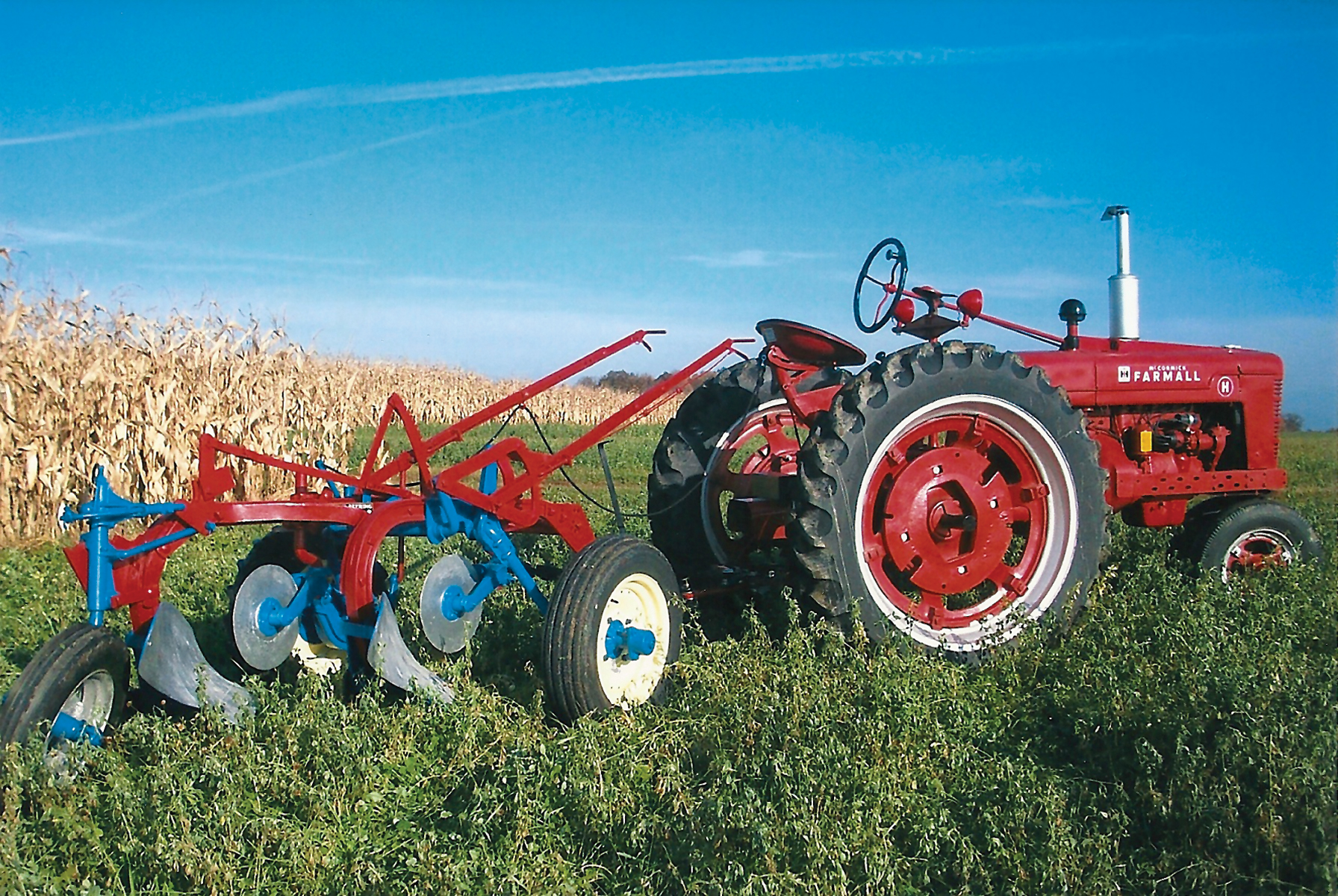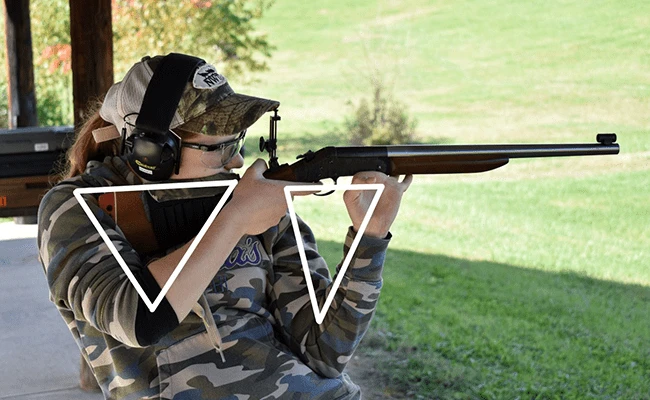The average ward sister salary in the United Kingdom is reported to be £37,147 per year, equating to approximately £19.05 per hour. Entry-level positions typically start at £34,628 per year, while those with extensive experience can earn up to £44,666 per year.
So, It’s important to note that these figures are averages, and actual salaries may vary based on factors such as location, specific healthcare institution, and individual qualifications.
Additionally, salary information is subject to change, so it’s advisable to consult updated sources or professional associations for the most current data.
Salary Structure For Sister Nurses In The UK:
The basic salary for sister nurses in the UK is determined by their experience level and the pay band they are assigned to. The NHS Agenda for Change pay system outlines the following pay bands for sister nurses:
- Band 5: This is the entry-level pay band for sister nurses. The annual salary range for Band 5 nurses is £28,407 to £34,552.
- Band 6: This is the mid-level pay band for sister nurses. The annual salary range for Band 6 nurses is £34,552 to £39,637.
- Band 7: This is the senior-level pay band for sister nurses. The annual salary range for Band 7 nurses is £39,637 to £44,666.
Additional Benefits

In addition to their basic salary, sister nurses in the UK are eligible for a range of additional benefits, including:
- Overtime Pay: Sister nurses who work beyond their regular shifts are entitled to overtime pay. The overtime rate is typically 1.5 times the basic hourly rate.
- Bonuses and Incentives: Some may be eligible for performance-based bonuses or incentives. These bonuses are typically awarded for meeting or exceeding specific targets, such as patient satisfaction scores or quality of care measures.
- Pension and Healthcare Benefits: they are eligible for a pension scheme and healthcare benefits. The NHS pension scheme is a defined benefit scheme, which means that the amount of pension they receive is based on their salary and length of service.
Also, The NHS healthcare benefits scheme provides free or subsidized access to a range of healthcare services, including dental care, eye care, and physiotherapy.
Additional Factors Affecting Salary
In addition to the factors mentioned above, the following factors can also affect a sister nurse’s salary:
- Location: Sister nurses who work in London or other major cities typically earn more than those who work in rural or less densely populated areas.
- Type of hospital: Sister nurses who work in specialist hospitals, such as those catering to children or cancer patients, may receive higher compensation.
- Qualifications: Possession of additional qualifications, such as a nursing degree or advanced certifications, can boost a nurse’s earning potential.
Average Sister Nurse Salary in the UK
The average salary for a ward sister in the UK is £37,147 per year, according to data from various sources, including the NHS Pay Review Body, Glassdoor, and Indeed. This figure encompasses the average salary range for nurses with varying levels of experience.
Breakdown of Average Salary by Experience Level:
- Entry-level ward sisters (0-2 years of experience): £34,628
- Experienced ward sisters (2-4 years of experience): £37,147
- Skilled ward sisters (5+ years of experience): £44,666
Factors Influencing Sister Nurse Salaries
1. Geographic Location:
- Regional Variations: Salaries can vary significantly between different regions in the UK, with major cities generally offering higher salaries compared to rural areas.
- Urban vs. Rural Settings: Sister nurses in urban settings often command higher salaries due to increased demand and a higher cost of living.
2. Experience and Seniority:
- Entry-Level: Sister nurses typically start at an entry-level pay band, with salaries increasing as they gain experience and expertise.
- Mid-Level: With accumulated experience, nurses progress to higher pay bands, reflecting their seniority within the profession.
- Senior-Level: Highly experienced them may reach senior pay bands, earning higher salaries.
3. Type of Healthcare Facility:
- NHS vs. Private Sector: Those working in the private sector generally receive higher salaries than those employed by the National Health Service (NHS) due to market competition.
- Specialty Hospitals: Working in specialized healthcare settings, such as pediatric or oncology hospitals, may result in higher compensation due to the specialized skills and knowledge required.
4. Education and Qualifications:
- Advanced Degrees and Certifications: Additional qualifications, such as advanced degrees or specialized certifications, may contribute to higher earning potential.
- Continuous Professional Development: Keeping skills and knowledge up-to-date through ongoing education and training can positively influence salary levels.
5. Leadership Roles and Responsibilities:
- Management Positions: Sister nurses in leadership or managerial roles often earn higher salaries due to increased responsibilities and the need for advanced leadership skills.
- Clinical Supervision: Those involved in supervising and mentoring other healthcare staff may receive additional compensation.
6. Demand and Supply of Nurses:
- Scarcity of Skilled Nurses: In regions or specialties where there is a shortage of skilled nurses, salaries may be higher to attract and retain qualified professionals.
7. Economic Factors:
- Inflation and Cost of Living Adjustments: Salary adjustments may be influenced by economic factors such as inflation and changes in the cost of living.
8. Negotiation Skills:
- Individual Negotiation: The ability of them to negotiate their salaries and benefits can impact their overall compensation package.
9. Shift Differentials and Overtime:
- Irregular Hours: Sister nurses working irregular hours or overtime may receive additional compensation through shift differentials and overtime pay.
Challenges and Opportunities

Workload and Stress Factors:
Sister nurses grapple with demanding workloads, managing numerous responsibilities, and caring for multiple patients. Long hours, irregular shifts, emotional demands, and the pressure of critical decision-making contribute to stress and potential burnout.
Career Advancement Opportunities:
Sister nurses have various paths for career growth, including leadership roles (ward manager, nurse director), specialization in areas like critical care, pursuing advanced degrees for academic or research roles, and exploring entrepreneurial ventures in private nursing or consultancy.
Professional Development and Training:
To enhance their skills, sister nurses can engage in Continuing Professional Development (CPD), pursue specialization courses, participate in leadership training, seek mentorship, and leverage online resources for convenient and up-to-date learning.
FAQ’s
1. What is a nursing sister’s salary in the UK?
The national average salary for a Nursing sister in the United Kingdom is £39,643, based on 15 salaries submitted anonymously to Glassdoor.
2. What is a sister charge nurse?
A Sister/Charge Nurse is a part of a multi-disciplinary team, working to deliver a high standard of care to patients and residents in a hospital setting, contributing to the achievement of the hospital’s objectives.
3. How much does a female nurse earn in the UK?
Female nurses in the UK typically earn an average monthly salary of £4,541, equivalent to around £54,500 per year. Salaries can vary widely, ranging from £28,300 to £83,300 per year.
4. Which nurses get paid more in the UK?
The highest-paid nursing jobs in the UK in 2023 include roles such as Children’s/Paediatric Nurse, Psychiatric Nurse, Cardiac Nurse, Research Nurse, Nurse Practitioner, Midwives, Neonatal Intensive Care Nurse (NICU), and Pain Management Nurse.
5. Are nurses in the UK called sisters?
The title ‘Sister’ for nurses in the UK originates from historical ties to nuns. Currently, ‘Sister’ is a rank, with the hierarchy progressing from ‘Staff Nurse’ to ‘Deputy Ward Sister’ and then ‘Ward Sister’ (also known as ‘Ward Manager’ or ‘Charge Nurse’).
6. Are nurses still called sisters in the UK?
No, In some English NHS trusts and Scotland, the term “sister” has been replaced with the more neutral term “charge nurse” to be inclusive and avoid gender-specific titles.
7. Can you call a nurse sister?
Yes, In nursing recruitment notices worldwide, nurses are referred to as “nurses,” while female nurses are commonly called ‘sisters’ and male nurses ‘brothers.’ This practice is often seen in Asian countries.
8. What color do nurses wear in the UK?
Registered Nurses in the UK wear a light blue uniform with white piping, while Midwives, who assist with pregnancy, labor, and birth, wear a Stuart blue uniform with white piping.
Final Words
In conclusion, the average salary for sister nurses in the UK is around £37,147 per year. Entry-level positions start at £34,628, and experienced nurses can make up to £44,666 annually. While these figures vary based on factors like location and experience, they reflect the importance of fair compensation for the challenging work that sister nurses undertake.
As the healthcare field evolves, continuous learning and adapting to changes will be crucial for nurses to navigate their careers successfully.











